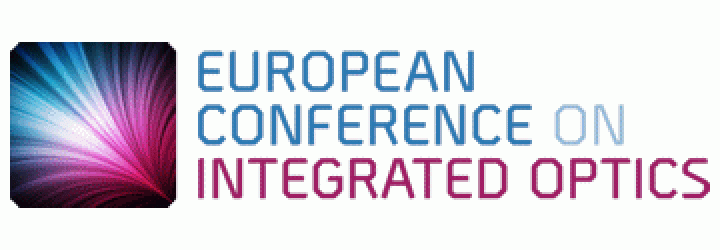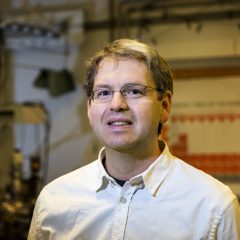Photonic biosensors enabled by MEMS and microfluidics integration – Presented by Kristinn B. Gylfason, KTH Royal Institute of Technology at the 19th edition European Conference on Integrated Optics, which takes place on 3 – 5 April 2017 at Eindhoven University of Technology, Blauwe Zaal in Eindhoven, The Netherlands.
Photonic biosensors have many beneficial qualities that have already been leveraged by the sensor industry. These include good compatibility with liquid samples, and immunity to electromagnetic interference. However, to realize their large potential for multiplexing and dense integration, technology for handling liquids on the microscale needs to be developed. Furthermore, work on leveraging active photonics for enhanced functionality in photonic biosensor chips is still in its infancy. We review our recent work on microfluidics integration onto photonic biosensors, and on active on-chip MEMS based tunable filters, that have the potential drastically shrink integrated photonic biosensors.
About Kristinn B. Gylfason
Kristinn B. Gylfason is assistant professor of Micro and Nanosystems. He earned the PhD degree in Electrical Engineering from KTH in 2010. From 2003 through 2005 he was with Lyfjathroun Biopharmaceuticals, Iceland, and in 2013 was Post-Doc at Ghent University, Belgium. His research involves photonic nanodevices for biomedical and communications applications.
About KTH Royal Institute of Technology
KTH Royal Institute of Technology in Stockholm is the largest and oldest technical university in Sweden. KTH Micro and Nanosystems researches micro and nanoelectromechanical systems (MEMS / NEMS) and deals with devices that have dimensions in the micro and nanoscale, and with the technologies to fabricate such devices.


